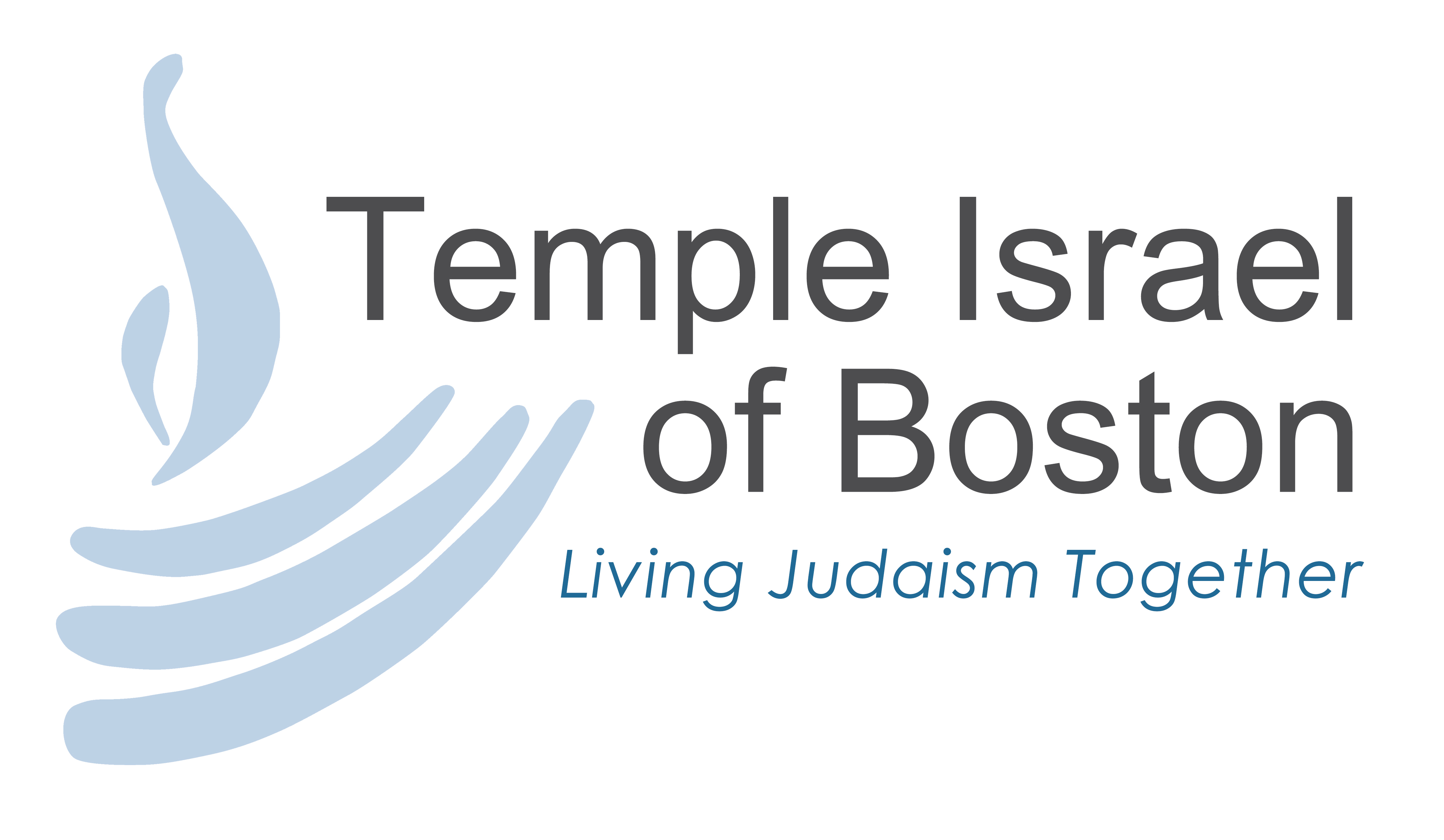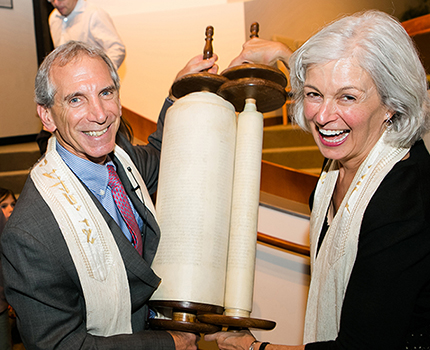Separate trust
A charitable remainder annuity trust is a tax-exempt trust governed by an irrevocable trust agreement. You choose the trustee who is responsible for administering your annuity trust and guiding the investment of its assets.
Irrevocable gift
A charitable remainder trust is an irrevocable arrangement. Once you transfer assets to the trust, you cannot change your mind and get the assets back. This requirement assures that whatever value remains in your annuity trust when it ends will go to support Temple Israel.
Payments the same each year
Each year, your annuity trust will pay a fixed dollar amount to one or more income beneficiaries named by you, such as you, or you and your spouse.
Remaining assets to Temple Israel
When your annuity trust ends, all of its remaining principal will become available to support Temple Israel.
You choose the payment amount
You choose the amount that your annuity trust must distribute each year. The payment amount must be at least 5% of the initial value of your trust. A payout of 5% to 6% is typical. Payments are usually made in annual, semiannual, or quarterly installments.
Who can receive payments?
You decide who will get the payments from your annuity trust. Usually, this will be you, or you and your spouse. You can, however, select other people to receive the payments. For example, you may wish to provide income for parents, a sibling, or children.
How long do payments last?
While most annuity trusts last for one or two lives, other terms are possible. An annuity trust can last for more than two lives, for a specific length of time of up to 20 years, or for a combination of lives and years.
Tax benefits
- Earn an immediate income tax charitable deduction.
- Avoid capital gains tax.
- May reduce estate taxes and probate costs.
You will receive an income tax charitable deduction in the year of your gift. If you cannot use the entire deduction that year, you may carry forward your unused deduction for up to five additional years.
If you give appreciated securities to fund your charitable remainder annuity trust, you will not pay any capital gains tax when you make your gift. In addition, because a charitable remainder annuity trust is a tax-exempt trust, it will not pay any capital gains tax if the trustee sells appreciated assets that you have donated. This means that your trustee will be able to reinvest the full value of these assets.
By removing the gift assets from your estate, you may also reduce estate taxes and probate costs when your estate is settled. The amount of these savings will depend on the size of your estate and on estate tax law in force at the time your estate is settled.
Taxation of payments
The taxation of annuity trust payments depends on the trust’s past distributions and investment performance. Income from an annuity trust is typically taxed as ordinary income. If the trust is funded with appreciated assets, a portion of the payments could be taxed at lower capital gains tax rates in some years. It is even possible for a portion of the payments to be tax-free in years when there is not enough ordinary income and capital gain income to make the payments.
Assets to consider giving
The following assets make excellent sources for funding your charitable remainder annuity trust:
- Cash that you currently have in a savings account, bank CD, money-market fund, or other safe but low-yielding investment.
- Securities, especially highly-appreciated securities.
Lana, age 84, has various appreciated stocks in her brokerage account with a combined value of $500,000. The stocks cost $200,000 to purchase and provide her with approximately $10,000 in annual dividend income. Lana would like to increase her cash flow, not worry about market fluctuations, and arrange for an endowment at Temple Israel.
Lana finds that creating a charitable remainder annuity trust will achieve her goals nicely. She transfers her $500,000 in stock to an annuity trust with a 5.0% payout rate.
Benefits
- Lana will significantly increase her cash flow from her gift assets, from $10,000/year to $25,000/year.
- She will receive an immediate income tax charitable deduction of about $359,695*.
- Her trustee will be able to sell her stock immediately in order to diversify her trust's investments without paying any capital gains tax. As a result, all of her assets will be working for her and for Temple Israel.
*Lana’s income tax charitable deduction will vary depending on the timing of her gift.




